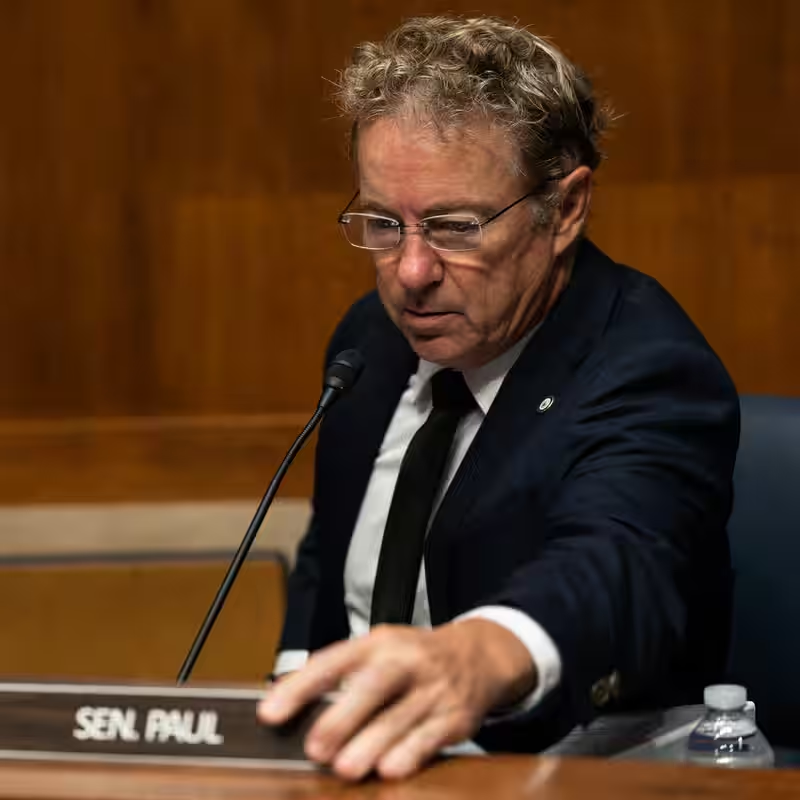Table of Contents
- Venezuela Ground Strikes Spark Congressional Revolt
- The Bipartisan Effort to Rein In Trump
- Legal and Constitutional Stakes
- Why This Resolution Is Different
- Sources
Venezuela Ground Strikes Spark Congressional Revolt
In a rare show of bipartisan unity, a group of U.S. senators is forcing a vote on legislation that would explicitly prohibit American ground strikes in Venezuela—unless Congress first authorizes them. The move comes amid escalating concerns over President Trump’s expanding military campaign in the Caribbean and his recent suggestion that “land operations” may be next.
“We are certainly looking at land now,” Trump told reporters on Wednesday, “because we’ve got the sea very well under control.” That comment sent alarm bells through Capitol Hill, where lawmakers from both parties worry the administration is edging toward an unauthorized war in South America.
The Bipartisan Effort to Rein In Trump
Leading the charge are Senators Tim Kaine (D-Va.), Adam Schiff (D-Calif.), and Rand Paul (R-Ky.), who introduced a joint resolution invoking the 1973 War Powers Act. The measure would bar any U.S. military action “within or against Venezuela” unless explicitly approved by Congress through a formal declaration of war or an authorization for the use of military force (AUMF).
Under the War Powers Act, such resolutions must receive an expedited floor vote—making it harder for leadership to ignore the issue. “The American people do not want to be dragged into endless war with Venezuela without public debate or a vote,” said Senator Paul, a longtime critic of executive overreach in foreign policy.
Recent Military Escalation
- Since early September, U.S. Special Operations forces have struck at least six vessels off Venezuela’s coast.
- The administration claims these boats were smuggling drugs—but has provided no public evidence.
- At least 29 people have been killed in these strikes, including two in a recent attack on a semi-submersible vessel.
- Trump has also authorized covert CIA operations inside Venezuela, according to officials.
Legal and Constitutional Stakes
The Constitution grants Congress—not the president—the sole power to declare war. Yet for decades, presidents from both parties have stretched executive authority to conduct military operations without congressional approval, often citing “imminent threats.”
The Trump administration now argues that drug trafficking and mass migration from Venezuela constitute such a threat. “They’ve emptied their prisons into the United States of America,” Trump claimed, though no evidence supports this assertion.
Legal experts counter that drug smuggling does not meet the threshold for armed conflict under international law. Without a formal AUMF or declaration of war, any ground invasion would likely violate both U.S. law and the War Powers Resolution.
Why This Resolution Is Different
Last week, the Senate rejected a broader measure that sought to halt all Caribbean boat strikes. Only two Republicans—Paul and Lisa Murkowski (R-Alaska)—supported it. But this new resolution is narrowly tailored to Venezuela, aiming to attract more GOP votes.
Senator Todd Young (R-Ind.), who opposed the earlier bill, has expressed concern about the legality of recent strikes. “I am highly concerned about the trajectory of military operations without congressional approval,” he said in a statement.
Supporters hope this precision will sway moderates. “We should be more jealous about the powers that we have,” Kaine said, emphasizing Congress’s duty to reclaim its war-making authority.
If passed, the resolution would still face a near-certain presidential veto. But even a symbolic vote forces lawmakers to go on record—potentially shaping public opinion and future legal challenges.
Sources
The New York Times: “Senators Move to Force Vote to Bar Ground Strikes in Venezuela”




